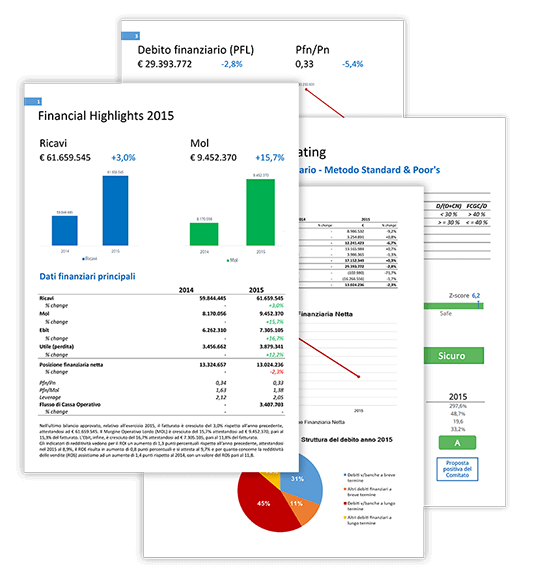
In a world driven by digital convenience, the emergence of tools like the Fake Chase Bank Statement Generator has raised concerns. This article aims to shed light on the implications, ethical considerations, and potential consequences of using such tools.
The digital landscape has introduced various conveniences, but it has also given rise to unethical practices. The use of fake bank statement generators, like the one purported by Chase, presents a significant concern.
2. The Reality of Fake Chase Bank Statement Generators
Fake Chase bank statement generators are software tools designed to replicate authentic Chase bank statements with fabricated data. These statements mimic the format and layout of genuine documents, making it challenging to distinguish between real and fake.
3. Risks and Consequences
3.1 Legal Implications
Using fake bank statements for fraudulent purposes is illegal and can result in severe penalties, including fines and even imprisonment. Engaging in such activities jeopardizes both personal freedom and integrity.
3.2 Damage to Reputation
Individuals or businesses caught using fake bank statements risk tarnishing their reputation. Trust is essential in financial matters, and being associated with deceit can have long-lasting consequences.
3.3 Financial Fraud
Generating fake bank statements to deceive lenders, investors, or creditors constitutes financial fraud. This can lead to significant financial losses, lawsuits, and a damaged credit history.
Read it: What are the Legal Obligations for Having a Paystub?
4. Ethical Dilemmas
4.1 Misrepresentation and Deception
Using fake bank statements involves misrepresentation and deception, violating ethical standards. Honest communication is vital for healthy financial relationships.
4.2 Impact on Financial Institutions
Fake bank statements undermine the credibility of financial institutions and the integrity of the banking system. This can lead to increased scrutiny, affecting the trust of legitimate customers.
5. The Appeal of Authenticity
5.1 Importance of Genuine Statements
Authentic bank statements are essential for various transactions, including loans, mortgages, and legal proceedings. Faking these documents compromises the integrity of financial systems.
5.2 Seeking Alternatives
Instead of resorting to fake statements, individuals and businesses should explore legitimate alternatives for addressing financial needs and documentation requirements.
6. Educational Campaigns and Awareness
Educational campaigns can play a crucial role in raising awareness about the risks of using fake bank statements. Financial literacy programs can empower individuals to make informed decisions.
Read it: Reliable & Creative Personal Statements, Application Documents Writing & Editing Services.
7. Frequently Asked Questions (FAQs)
7.1 What is a fake Chase bank statement?
A fake Chase bank statement is a fabricated document created to resemble an authentic Chase bank statement, often used for deceptive purposes.
7.2 Is using a fake bank statement legal?
No, using a fake bank statement for fraudulent purposes is illegal and can lead to serious legal consequences.
7.3 What are the potential consequences of using fake bank statements?
Using fake bank statements can result in legal penalties, damage to reputation, and financial fraud, among other serious consequences.
7.4 How can individuals protect themselves from fraudulent activities?
Individuals can protect themselves by maintaining transparency, seeking legitimate financial solutions, and avoiding any involvement in deceptive practices.
7.5 Are there legitimate reasons to use a fake bank statement generator?
While legitimate reasons may exist, such as education or artistic projects, caution must be exercised to ensure compliance with ethical and legal standards.
8. Conclusion
The use of fake Chase bank statements poses significant legal, ethical, and financial risks. Instead of resorting to deceptive practices, individuals and businesses should prioritize transparency and seek authentic solutions. By fostering awareness and promoting responsible financial behavior, we can collectively mitigate the negative impacts of such unethical tools.



